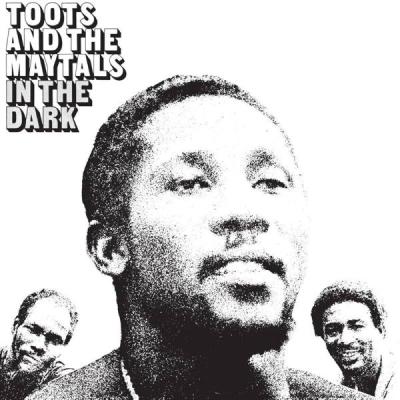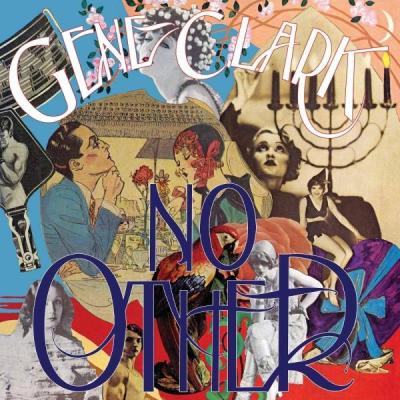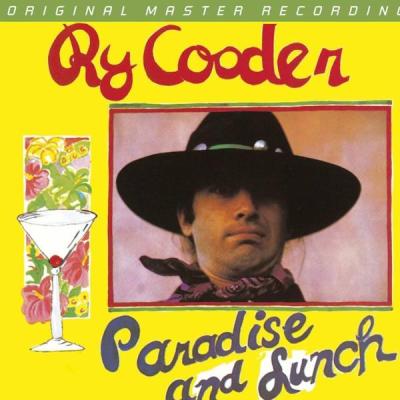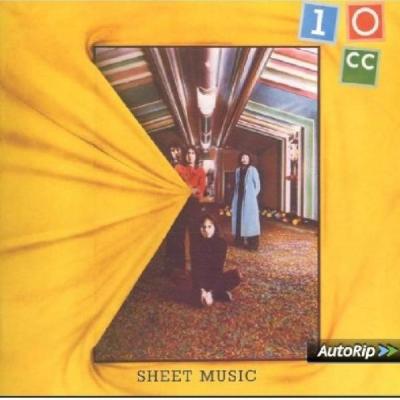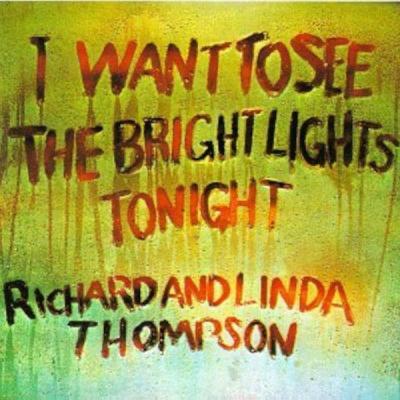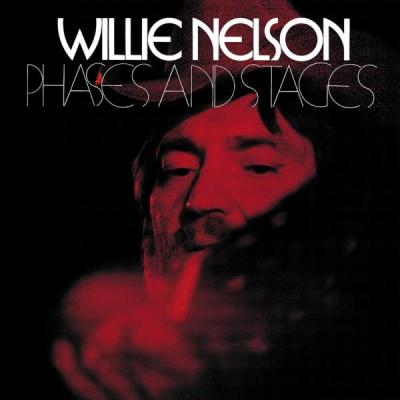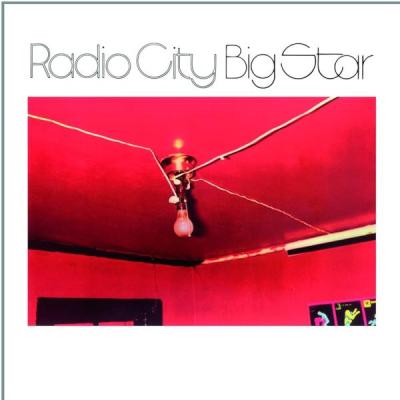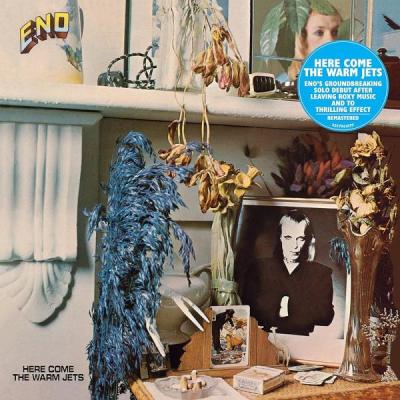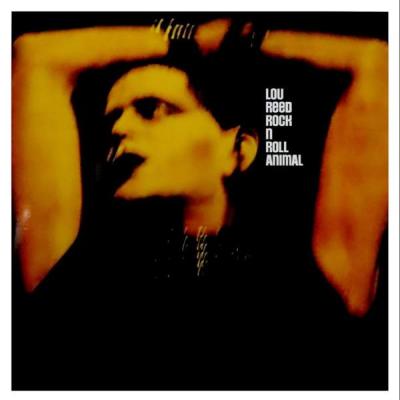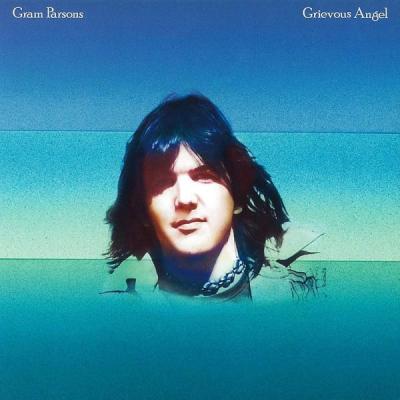


Can: Future Days
Album #178 - August 1973
Episode date - October 12, 2022
Unless you are an ambitious listener, Can’s music can be a tough sell, but there’s no doubting their musical progression.
1971’s “Tago Mago” is an incredibly difficult pill to swallow, virtually challenging the listener at every turn, lilting you into submission one minute and then suddenly throwing you into a sea of chaos. Popular music never saw anything quite like it, and I’ll admit that most casual listeners are likely to never listen anyway. By 1973, though, the band found a way to remain just as challenging while removing the rough edges.
“Future Days” unfolds with a series of ambient grooves that make you wish they were endless. Rather than disappearing into the wallpaper, though, as most ambient music tends to do, “Future Days” defines the wallpaper. Much like a river, it is full of swirling motion that cannot always be seen from the surface. The grooves rumble, lift, then fade away again, only to resurface again in a completely different pattern of flow. Holger Czukay’s bass playing manages to control all of this motion with subtle, deft control and he locks perfectly with the brilliant percussive inventiveness of Jaki Leibezeit. They are like a rubber rhythm section, swirling brush strokes of sound that can be challenging and yet peaceful.
On previous albums, vocalist Damo Suzuki was never mixed above the music, but always folded into the band’s sound, as if his vocals were actually meant to be structural rather than a focal point. Considering that he was ‘linguistically challenged’ and thoroughly untrained, I always figured that to be a good thing. On “Future Days”, his role is lessened even more, although his vocal bits are more melodic than ever, and quite pleasant. This would be his last album with the band, and I genuinely miss his presence on subsequent albums.
Since these ‘music pieces’ (‘songs’ seems an inappropriate description for all but the pleasant pop of “Moonshake”) resemble loose-limbed, semi-structured compositions, it shouldn’t be too surprising to discover that the longer numbers end up being the most fulfilling. Three of the four tracks on “Future Days” exceed eight minutes, and they all make excellent use of their extended structure. “Bel Air” checks in at twenty minutes and despite the sprawl, it never gets boring. Actually, it becomes so hypnotic that I found myself wishing that it simply would not end. Can were by no means an ordinary band, and “Future Days” is the kind of album that proves that artistic vision can be relentlessly challenging, and simultaneously beautiful, without compromise.
Feature Tracks:
Future Days
Spray
Moonshake
Bel Air
August 1973 – Billboard Did Not Chart
Related Shows


